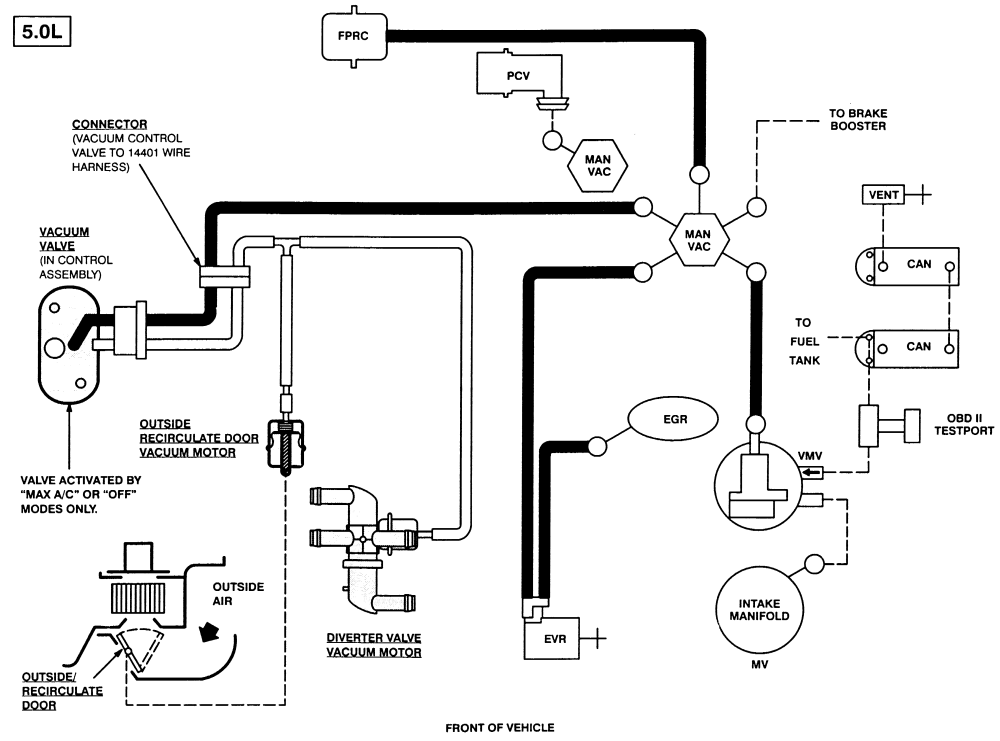When it comes to understanding the electrical system of your 1994 Ford Explorer, having access to a wiring diagram is crucial. A 1994 Ford Explorer Wiring Diagram provides a comprehensive overview of the electrical connections, components, and circuits within your vehicle. This diagram serves as a roadmap for diagnosing electrical issues, making repairs, or installing new components.
Why are 1994 Ford Explorer Wiring Diagrams Essential?
- Helps identify the location of specific electrical components
- Assists in tracing wiring paths and connections
- Aids in understanding the relationship between different electrical components
- Essential for diagnosing electrical problems efficiently
How to Read and Interpret 1994 Ford Explorer Wiring Diagrams Effectively
Reading and interpreting a wiring diagram may seem daunting at first, but with a bit of practice, you can easily decipher the information it provides. Here are some tips to help you navigate a 1994 Ford Explorer Wiring Diagram:
- Identify the symbols and colors used in the diagram
- Follow the wiring paths from one component to another
- Pay attention to the legends and key provided on the diagram
- Understand the flow of electricity through the circuits
Using 1994 Ford Explorer Wiring Diagrams for Troubleshooting Electrical Problems
When faced with electrical issues in your 1994 Ford Explorer, referencing a wiring diagram can be immensely helpful in pinpointing the root cause of the problem. Here’s how you can use the diagram for troubleshooting:
- Locate the affected circuit on the wiring diagram
- Check for continuity and voltage at various points along the circuit
- Compare the actual wiring to the diagram to identify any discrepancies
- Use the diagram to test components and connections systematically
Importance of Safety When Working with 1994 Ford Explorer Wiring Diagrams
Working with electrical systems can be dangerous if proper precautions are not taken. Here are some safety tips to keep in mind when using a 1994 Ford Explorer Wiring Diagram:
- Always disconnect the battery before working on any electrical components
- Avoid working on the electrical system in wet or damp conditions
- Use insulated tools to prevent electrical shocks
- Double-check all connections before reassembling components
1994 Ford Explorer Wiring Diagram
94 Ford Explorer Wiring Diagram

How To Get The Right 1994 Ford Explorer Radio Wiring Diagram – Radio

1994 Ford Explorer Wiring Diagram Collection – Faceitsalon.com

94 Ford Explorer Wiring Diagram
